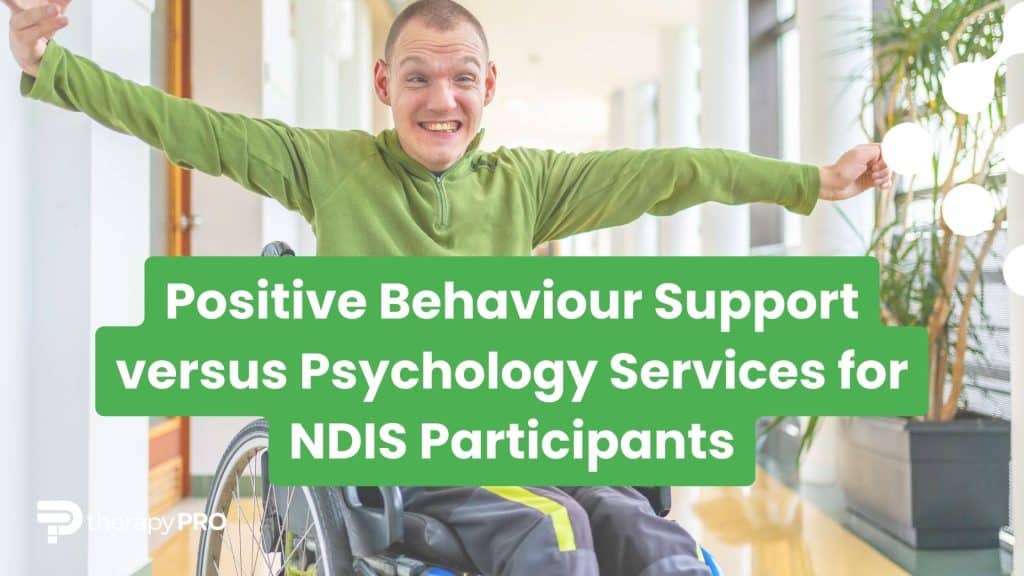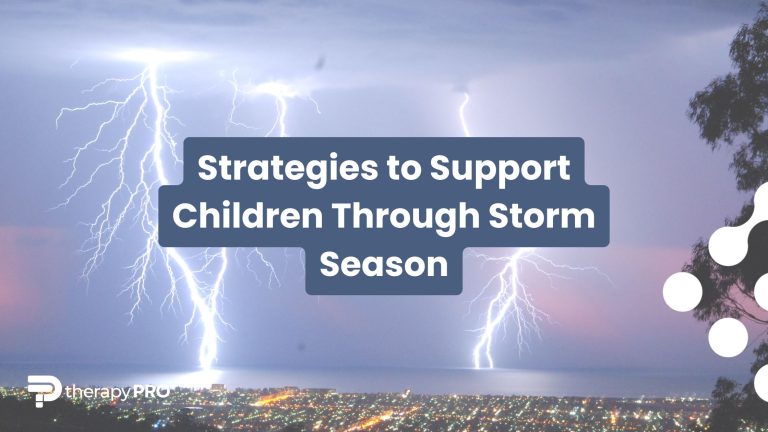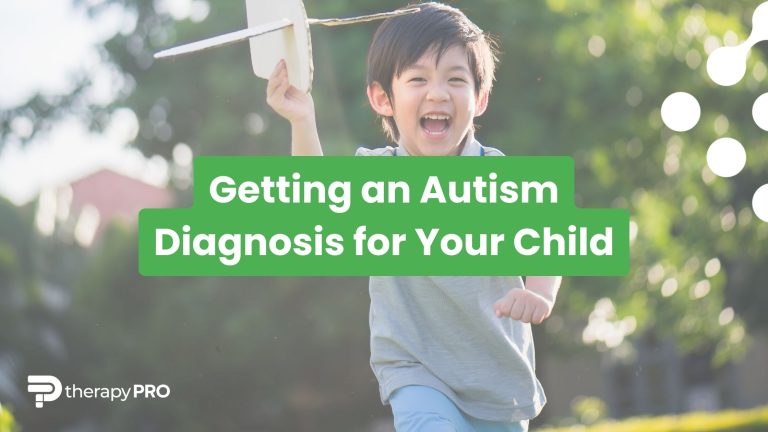Positive Behaviour Support versus NDIS Psychology – Understanding the Difference
Navigating NDIS supports can feel overwhelming, especially when trying to understand which services might benefit you or your loved one most. Two key support options available to NDIS participants are Positive Behaviour Support (PBS) and psychology services, but many families aren’t clear on how these approaches differ or whether they might need both.
While these services share some common ground in supporting participant wellbeing and goal achievement, they take distinctly different approaches to addressing challenges and building capacity.
Understanding these differences can help you make informed decisions about which supports to include in your NDIS plan and ensure you’re accessing the most appropriate interventions for your specific circumstances.
What is positive behaviour support (PBS)?
PBS is all about creating supportive environments and providing strategies for clients and key supports, such as family members and support workers to improve quality of life. Think of positive behaviour support as a practical, hands-on approach that focuses on prevention and reduction of behaviours of harm to reduce the implementation of restrictive practices.
What do NDIS psychology services offer?
NDIS psychology services take a deeper dive into understanding psychological barriers and functional deficits to help participants achieve their NDIS goals.
Psychologists develop thorough, individualised intervention plans aimed at building the participant’s capacity and skills in all areas of functioning especially:
- Emotional regulation and coping strategies
- Building social and communication skills
- Enhancing problem-solving skills for everyday life
- Supporting the ability to complete life transitions, like starting school or entering the workforce
In addition to capacity building interventions Therapy pro psychologists also conduct functional assessments to understand a person’s strengths and challenges, to support interventions and planning decisions.
PBS vs NDIS psychology – how are they different?
While there’s definitely some overlap, the key differences lie in their approach and focus:
PBS is about modifying the environment and the support structures around a person to better suit their individual needs rather than expecting the person to change to fit the environment.
It’s based on evidence-informed practice, following a thorough assessment process that explores triggers and setting events contributing to behaviours of harm.
PBS aims to prevent challenging behaviours by making proactive changes. This often includes interviews and observations in real-life settings, stakeholder data collection, and formal assessments. The practitioner then develops a behaviour support plan with strategies to reduce or eliminate restrictive practices and behaviours of risk. Stakeholders are trained in these strategies and supported through regular monitoring, with the long-term goal of improving safety and phasing out restrictions over time.
NDIS psychology, on the other hand, is more focused on building functional capacity.
Psychologists provide participants with tools and skills to overcome barriers related to their disability. Psychological support usually begins with an initial assessment, using standardised measures to identify areas of need. From there, a intervention support plan is developed, and the psychologist works with the participant and their support network to build the skills needed to meet both clinical and NDIS goals.
NDIS participants can have both services funded in their plan
Here’s something really important that many families don’t realise: You absolutely can have both PBS and psychology services funded in your NDIS plan.
This is a common misconception that sometimes prevents people from accessing the full range of support they need.
Consider this example:
A participant may have a restrictive practice in place, such as a locked car door to prevent them from opening it while the car is moving. This might relate to a NDIS goal of improved community access. Together, the positive behaviour support practitioner may work on strategies to reduce the need for the locked door. This can occur alongside the psychologist working to build the participant’s emotional literacy and regulation skills, enabling them to engage with day program services and make friends. All working towards supporting the participant’s NDIS goals of improved emotional regulation and social connection.
When might you need PBS?
PBS may be appropriate when a participant has restrictive practices in place, such as medication used to control behaviour, locked doors, or restricted access to items that others their age would typically access.
PBS is also often recommended when a participant engages in behaviours that pose a risk of harm to themselves, others, or the environment, for example, threatening others with knives or smashing items in the home. For a PBS referral to be appropriate, these behaviours usually need to have occurred more than once in the past 12 months.
It’s important to note that not all behaviours are considered suitable for a PBS referral. For instance, behaviours like alcohol consumption or smoking may not meet the criteria.
Similarly, deliberate self-harm and suicidal ideation may not fall under the scope of NDIS-funded PBS supports, as these are often symptoms of mental illness. In such cases, it is recommended that the participant be referred to a GP for a Mental Health Care Plan or connected with crisis services such as Lifeline (13 11 14) or Beyond Blue (1300 224 636).
When might you need NDIS psychology services?
Consider NDIS psychology services if the participant is struggling with psychological barriers that prevent them from meeting NDIS goals such as social and community engagement, improved emotional regulation, and increased engagement with supports. NDIS psychology may be needed if assistance is required to build specific skills and to meet goals.
In addition, NDIS psychology may be needed to better understand invisible functional difficulties and impacts relating to disability, through a comprehensive assessment and report.
Getting started
If you’re ready to explore PBS or NDIS psychology services, reach out to discuss your specific needs. Our team is here to help you navigate your options and access the support that will make the biggest difference in your life.
Contact us
About Therapy Pro’s team
This article was developed by Therapy Pro’s team of provisionally registered and registered psychologists and positive behaviour support practitioners. With extensive experience offering NDIS supports to participants across Australia, our team provides evidence-based interventions tailored to individual needs. We are committed to delivering high-quality, person-centred care through in-person and online services.
Therapy Pro is a registered NDIS provider offering supports under Improved Daily Living funding and Improved Relationships. All interventions are delivered by registered therapists working under nationally recognised ethical guidelines.
++++
Important notice: This information is general in nature and is not intended as personal advice. Individual responses to therapy vary. We recommend consulting with a qualified professional to discuss your specific circumstances and determine the most appropriate treatment approach for your needs.




